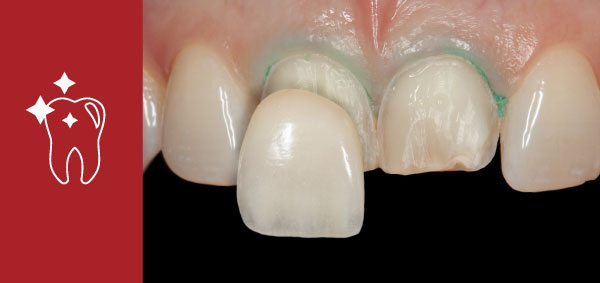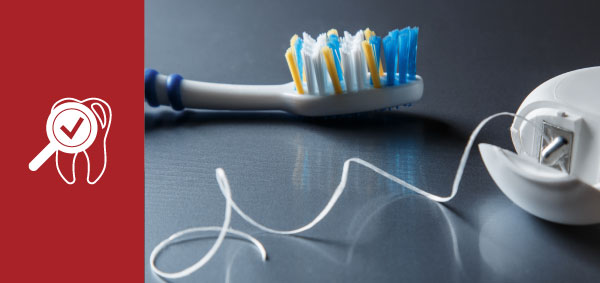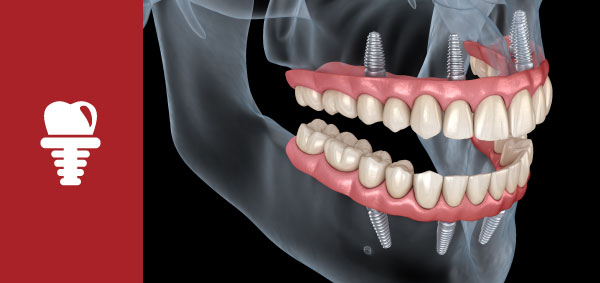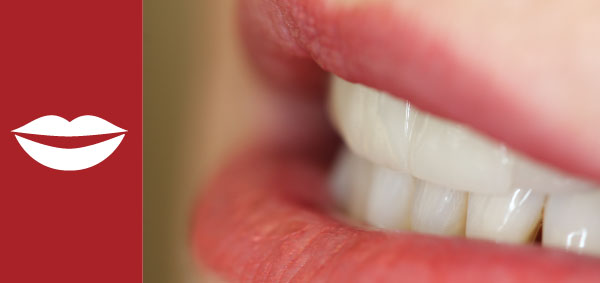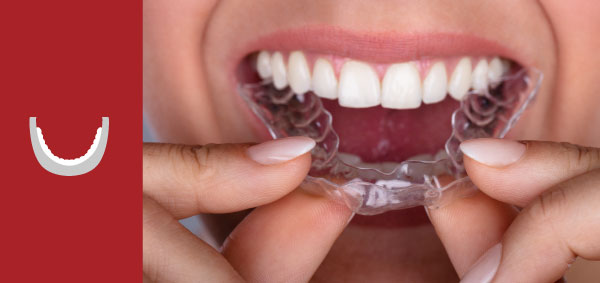Tooth Extractions In Dedham
Basic Extractions
Basic tooth extractions are also known as simple or non-surgical extractions. A tooth of this sort is fully visible in the mouth and able to be easily loosened and removed without making any incisions into the gums. You will be numbed so you don’t feel any pain.
A dental elevator is used to loosen the tooth in the socket until it becomes so loose that it can easily be pulled out with forceps without applying significant force. This only takes a few minutes, and multiple teeth can be removed at once if necessary. Contact us at Digital Dental Studio to schedule an extraction appointment in Dedham with Dr. Anna Vishart.
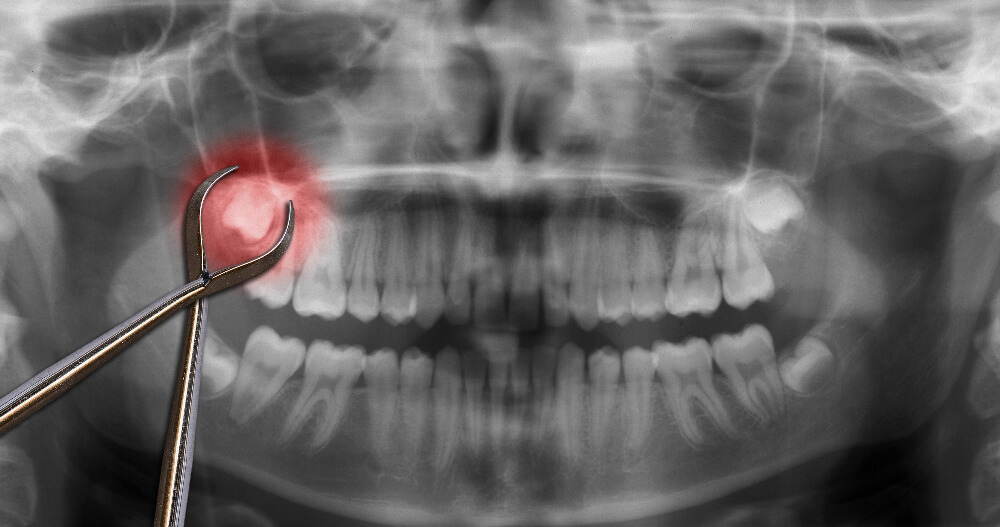
Surgical & Wisdom Tooth Extractions
A surgical extraction is needed when a tooth has not fully erupted through the gums. Teeth that have broken at the gum line or that are impacted, (common for wisdom teeth), will require an incision into the gums to reveal the rest of the tooth. If the tooth is large, it could also be necessary to cut some additional bone and soft tissue.
Surgical procedures are more likely to involve more intensive sedation and anesthesia such as general anesthesia. However, this is not always the case. Aftercare will also be more extensive to prevent dry sockets. Once the tooth has been revealed through surgical incisions, the tooth is removed in the same manner as a basic extraction.
Extraction Aftercare
After having a tooth extracted at our Dedham office, you will likely experience some mild to moderate pain and swelling in the next few days. Swelling will first appear a day after surgery and will peak in 2-3 days. This can be relieved with pain medication and cold compresses.
It is normal to experience some minor bleeding for up to 3 days. Gauze will be placed in the socket for you to bite down on for 30 minutes to stop the bleeding and encourage blood clotting. You’ll need to change the gauze with fresh gauze every 3-4 hours or if they have become too soaked with blood. Biting down on caffeinated tea bags can also be used to encourage blood clotting.
You will need to avoid hard and chewy foods for the first week and avoid chewing at the site of the extraction. Stick to soft foods such as mashed potatoes, yogurt, and applesauce. For the first 24 hours, you should avoid hot liquids and foods.
You should also avoid the following:
- Smoking
- Hard or chewy foods
- Sucking through a straw
- Spitting
- Rinsing for the first 24 hours
- Chewing where the extraction is
- Flossing near the extraction site
- Engaging in strenuous activity
- Driving for the first 24 hours after general anesthesia
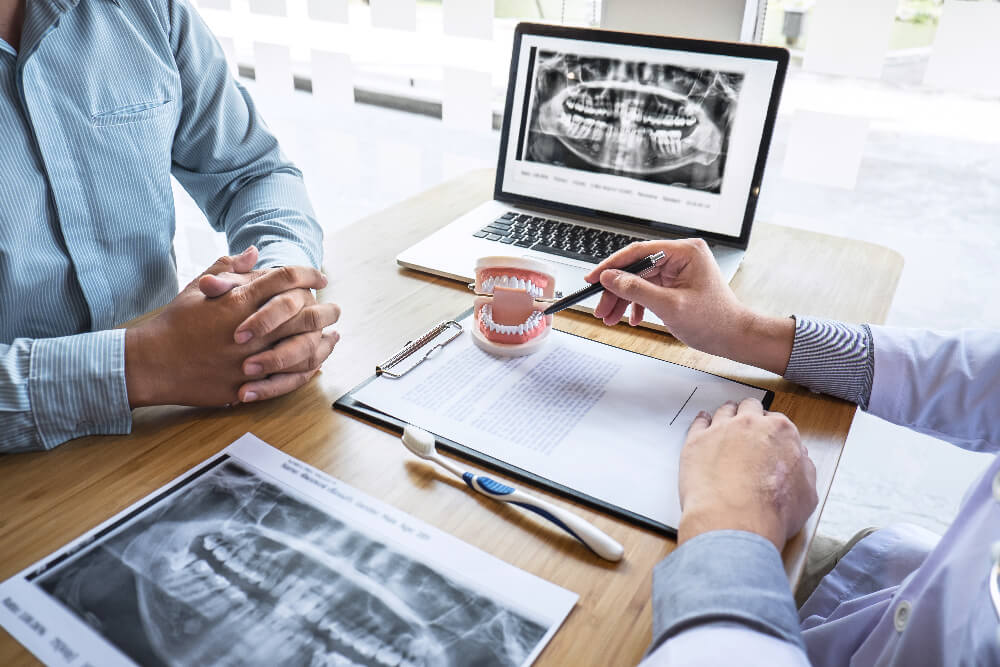
Do My Wisdom Teeth Need to Be Extracted?
The answer to this question is not necessarily. Wisdom teeth do not have to be extracted in all cases. Some people are lucky to have enough space in the mouth for their third molars to come in at the right angle and avoid pain, infection, and impaction.
However, for most people, this isn’t the case. If you notice your wisdom teeth coming in, even if you aren’t experiencing pain, we recommend you have an x-ray taken to see what angle they are sitting in the jaw. X-rays can identify potential problems that wisdom teeth can cause in the future.
If you are dealing with repeated infections, pain, impaction, or if they are pressing against other teeth, it is best to have these teeth extracted. You will not need to have these teeth replaced because they are not necessary for good oral health or tooth function.
Our Services
Restorative
Digital dentistry has taken restorative dentistry to the next level. We manage your oral health problems with less invasive digital precision. Learn more...
Preventive
The only cause of dental decay and periodontal disease and eventually tooth loss due to both, is bacteria that multiply in dental plaque. Learn more...
Implants
Introducing our Dental Implants: State-of-the-Art Technology, Minimally Invasive, and Completed in a Single Day! Learn more...
TMJ
TMD or temporomandibular disorder is the loss of synchrony and harmony. Learn more...
Estethics
Dental facial plastics at our Dedham office combine art and science. Learn more...
Aligners
Using advanced software technology exact tooth movements can be achieved to ensure anatomically correct teeth alignment with an esthetically pleasing smile. Learn more...


